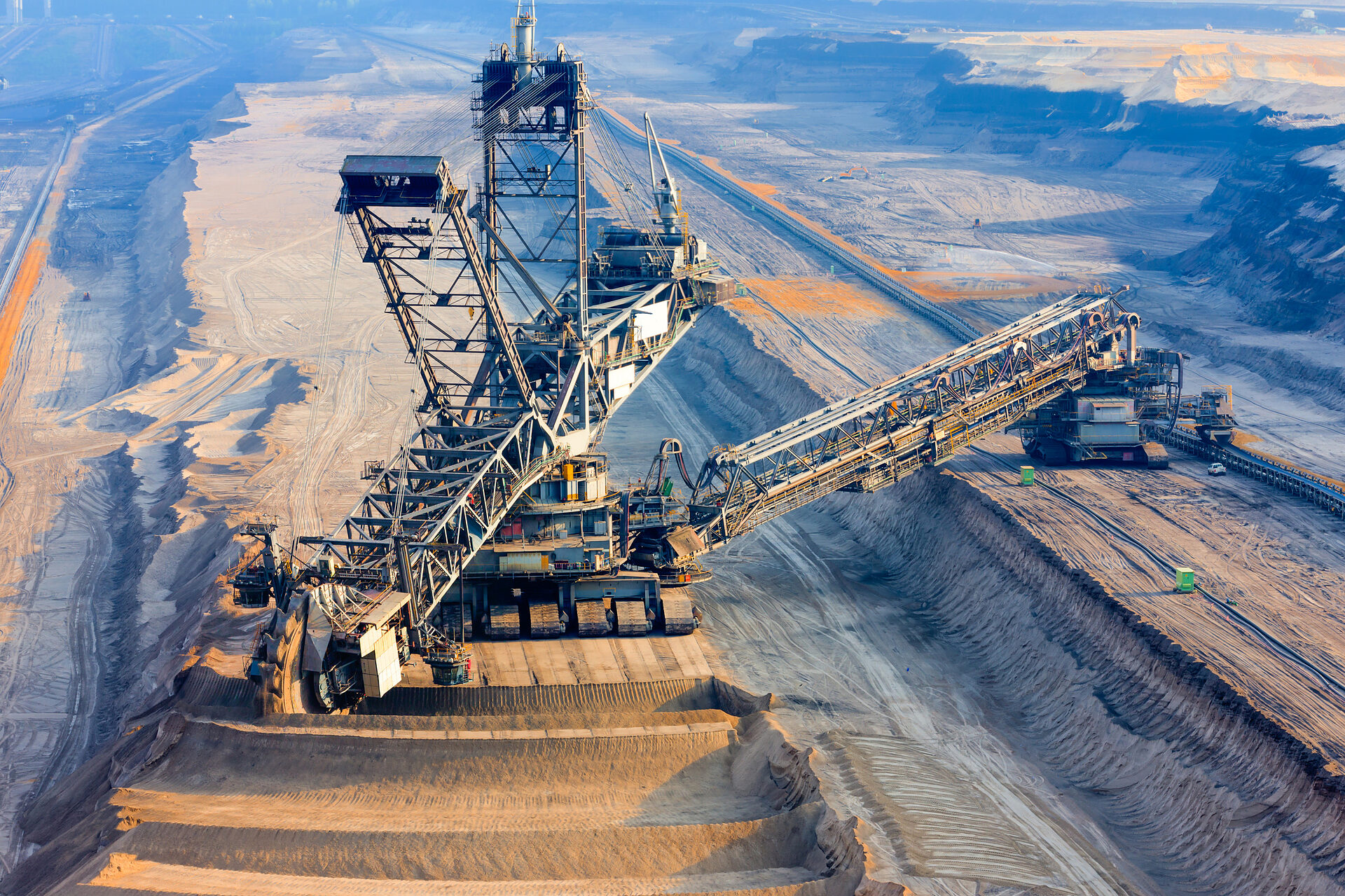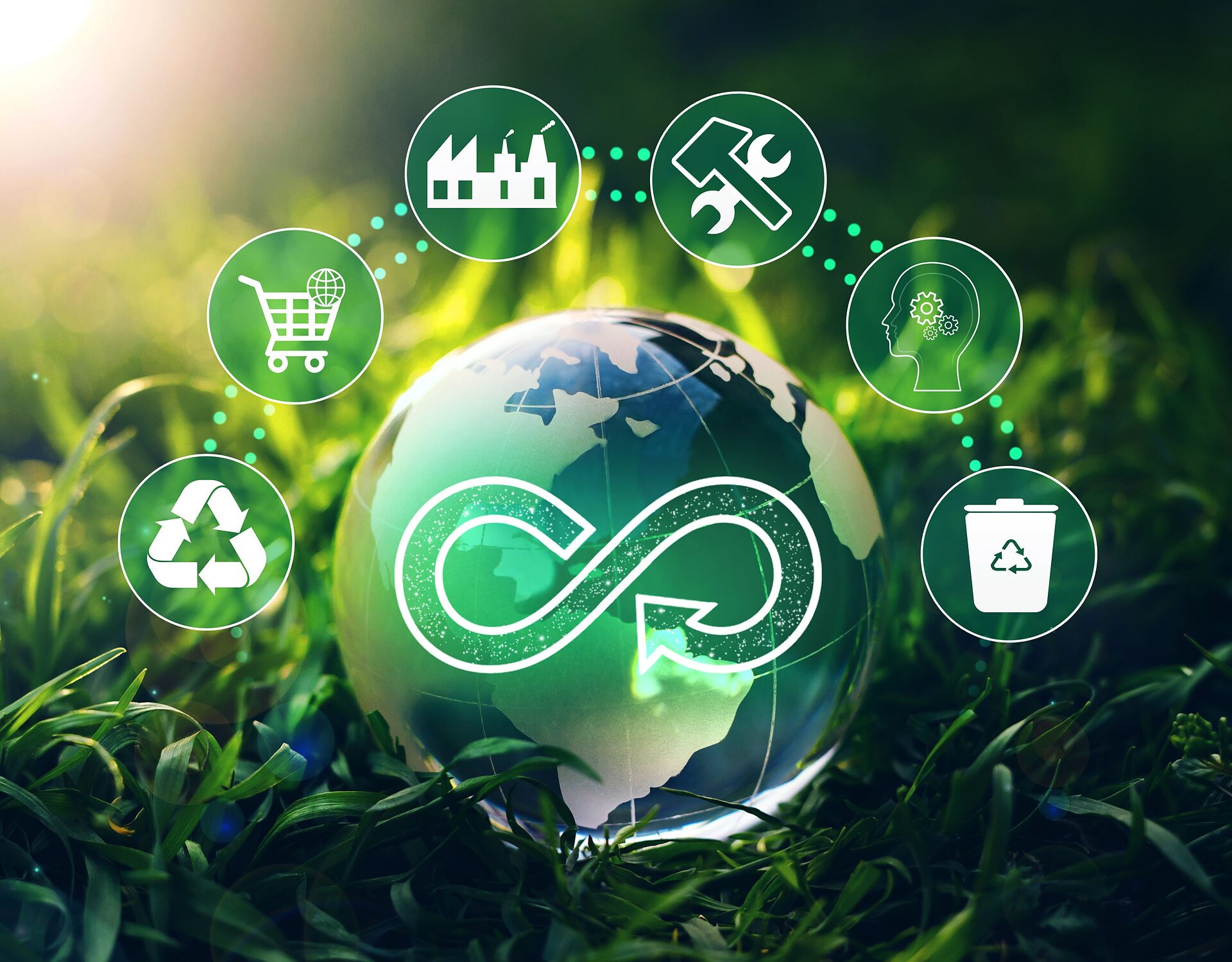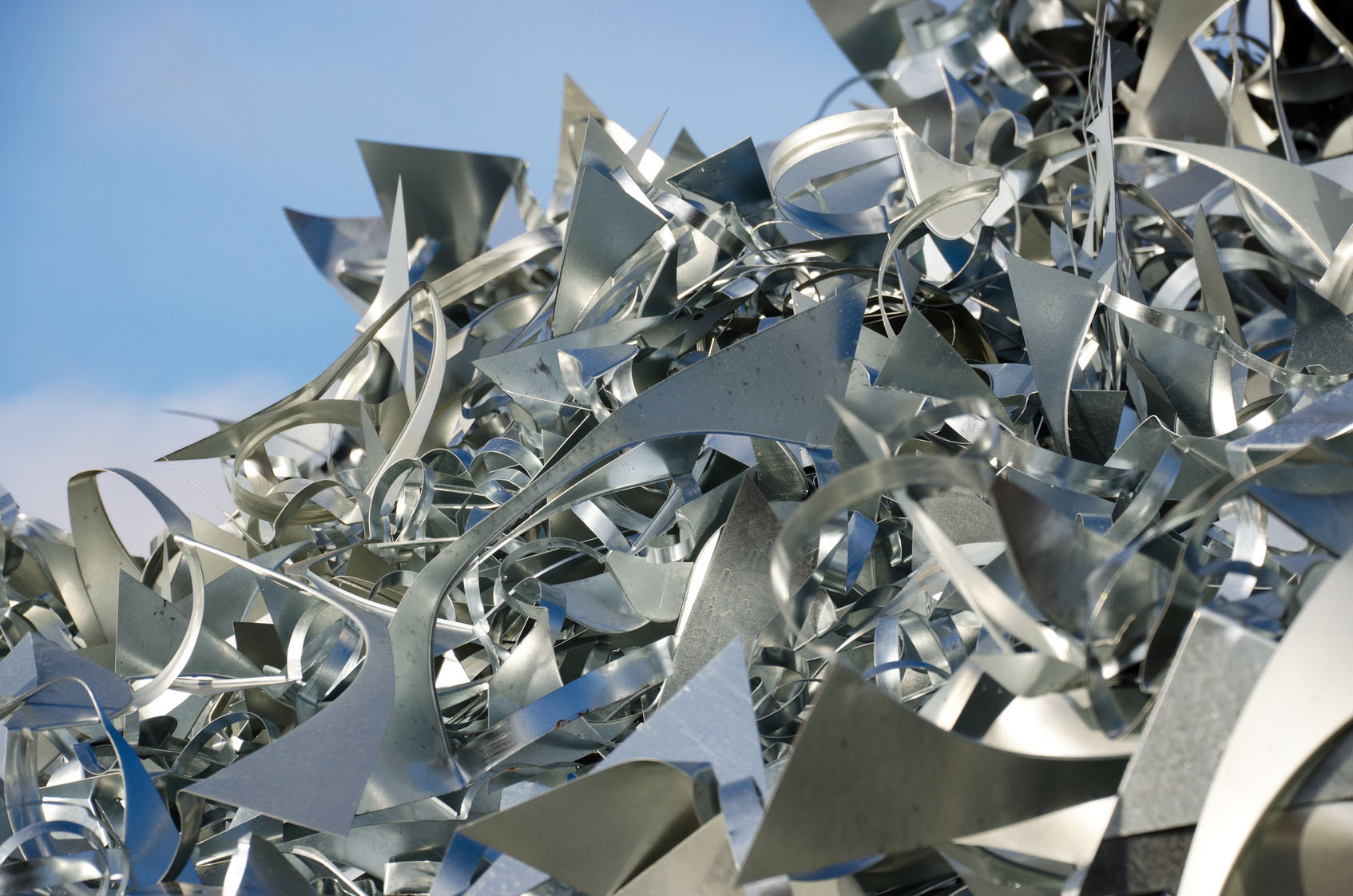Every extraction and processing of a raw material has an impact on the environment. Soil degradation, water scarcity, loss of biodiversity, degradation of ecosystem functions, or amplification of climate change may result. In addition, the global consumption of raw materials raises global issues of social justice, as many raw materials are extracted under very problematic social and environmental conditions – often in countries that benefit little from the value creation. Resource conservation therefore also means climate, environmental and health protection at the same time.
The DBU sees a circular economy – an expanded circular economy that takes into account the entire product life cycle from raw material extraction to use and disposal – as a way of achieving a sustainable, environmentally compatible transformation of the economy and society in the interests of resource conservation. Reducing the consumption of raw materials and materials and minimizing harmful emissions are key challenges here. The DBU is committed to this topic, among other things, with the #DBUcirconomy initiative – for the economy and society of the future. In addition, resource efficiency and sustainable management are the content of the DBU’s funding topics of climate and resource-friendly construction and housing, energy and resource-friendly neighborhood development and renewal, resource efficiency through innovative production processes, materials and surface technologies, as well as recycling and efficient use of environmentally critical metals and mineral residues. In addition, there is the scholarship focus Better Managing and Living in Circuits – Transformation Potentials of the Circular Economy.


